Recently, Ho Chi Minh City University of Culture organized the program "Phantasm - Sacred Khmer Soul" to help students learn about the traditional music associated with the Khmer ethnic group.
Bringing traditional music associated with the Khmer ethnic group to students.
With simple musical instruments such as brass, iron, woodwind, wind and leather instruments, Pentatonic music is not only an art form but also an indispensable part of the cultural, religious and spiritual life of the Khmer people, especially in festivals such as Chol Chnam Thmay, Ooc Om Boc or rituals at pagodas. Currently, Pentatonic music has been recognized as a National Intangible Cultural Heritage and the Khmer community is making efforts to preserve and promote its value in their cultural life.
“This is the first time that students have brought a traditional Khmer art program to the school with full range of musicians, artisans and props to help students experience the Five-tone Song of the Khmer people in the South - a national intangible cultural heritage. I think this is a very practical and meaningful program”, said Mr. Pham Van Luan, Ho Chi Minh City University of Culture.
Enjoying and learning about Pentatonic music right at school, Tran Thi Thanh Mui, a student at Ho Chi Minh City University of Culture, also shared: "Traditional music genres are coming back in many different forms, I am very happy about that and I hope that this genre will last and develop further."
Not only bringing Pentatonic music to universities, previously, students of FPT University Ho Chi Minh City also organized a workshop "Bamboo transmission to youth" to discuss the issue of young people gradually becoming indifferent to traditional values of the nation.
Students perform traditional music of the Khmer people in the South.
At the workshop, students and speakers commented that the core nature of traditional cultural values has not faded away, but what really needs to change is the way they are conveyed - how to make them fit in with the dynamic life and creative style typical of today's youth.
Dr. Nguyen Thi Quoc Minh, lecturer at the Faculty of Literature, University of Social Sciences and Humanities (Ho Chi Minh City National University) affirmed that today's youth still maintain pride in national culture. In fact, young people do not turn their backs on traditional values but are approaching them in their own way, bearing the mark of creativity and personality of each individual.
Lecturer Pham Thi Kim Long, Department of Traditional Musical Instruments, FPT University, said that music originates from language and life factors. In the bustling modern life, music has become an indispensable part for young people, with a tendency towards fast and strong rhythms.
Lecturer Kim Long believes that if we continue to maintain a rigid traditional approach to traditional musical instruments, it will be difficult for young people - especially Gen Z - to love them, because it does not suit their dynamic personalities. Therefore, to awaken love for traditional musical instruments, there needs to be innovation in the approach, to make it closer and more in harmony with the lifestyle of today's young people.
“It’s not that young people don’t love traditional musical instruments, but the reality is that they have very few opportunities to be exposed to these art forms. Organizing practical experience playgrounds will help them understand and love traditional music more,” said lecturer Kim Long.
“For me, national traditions are always something for me to follow and learn from because there are many good things in them. If I take the time to research and learn more about them, I will see the good things and values that the ancients wanted to convey to us,” said Nguyen Huynh Long, a student at the University of Economics and Finance.
According to VNA
Source: https://baoangiang.com.vn/sinh-vien-dua-van-hoa-dan-toc-vao-truong-dai-hoc-a423057.html


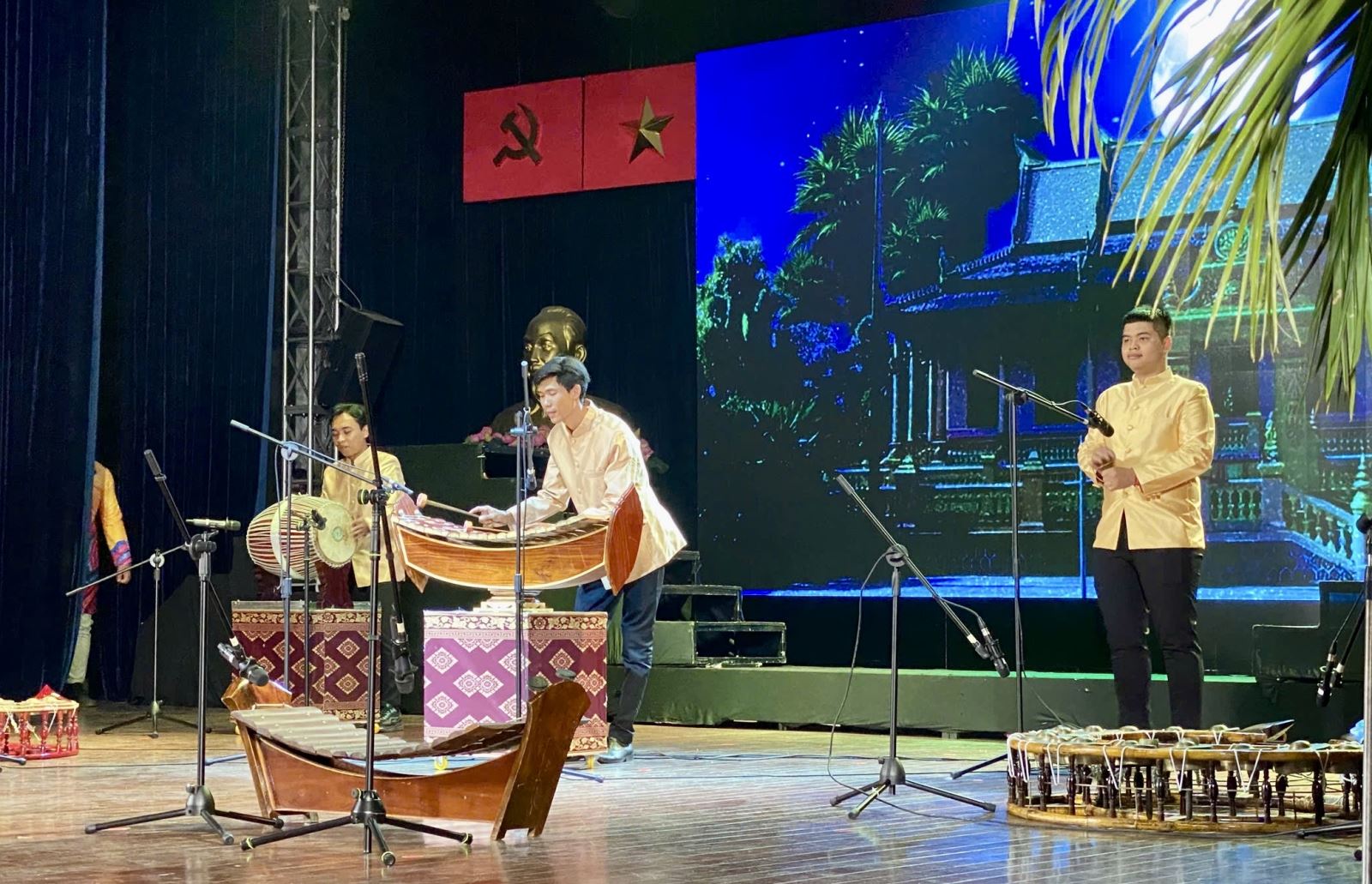
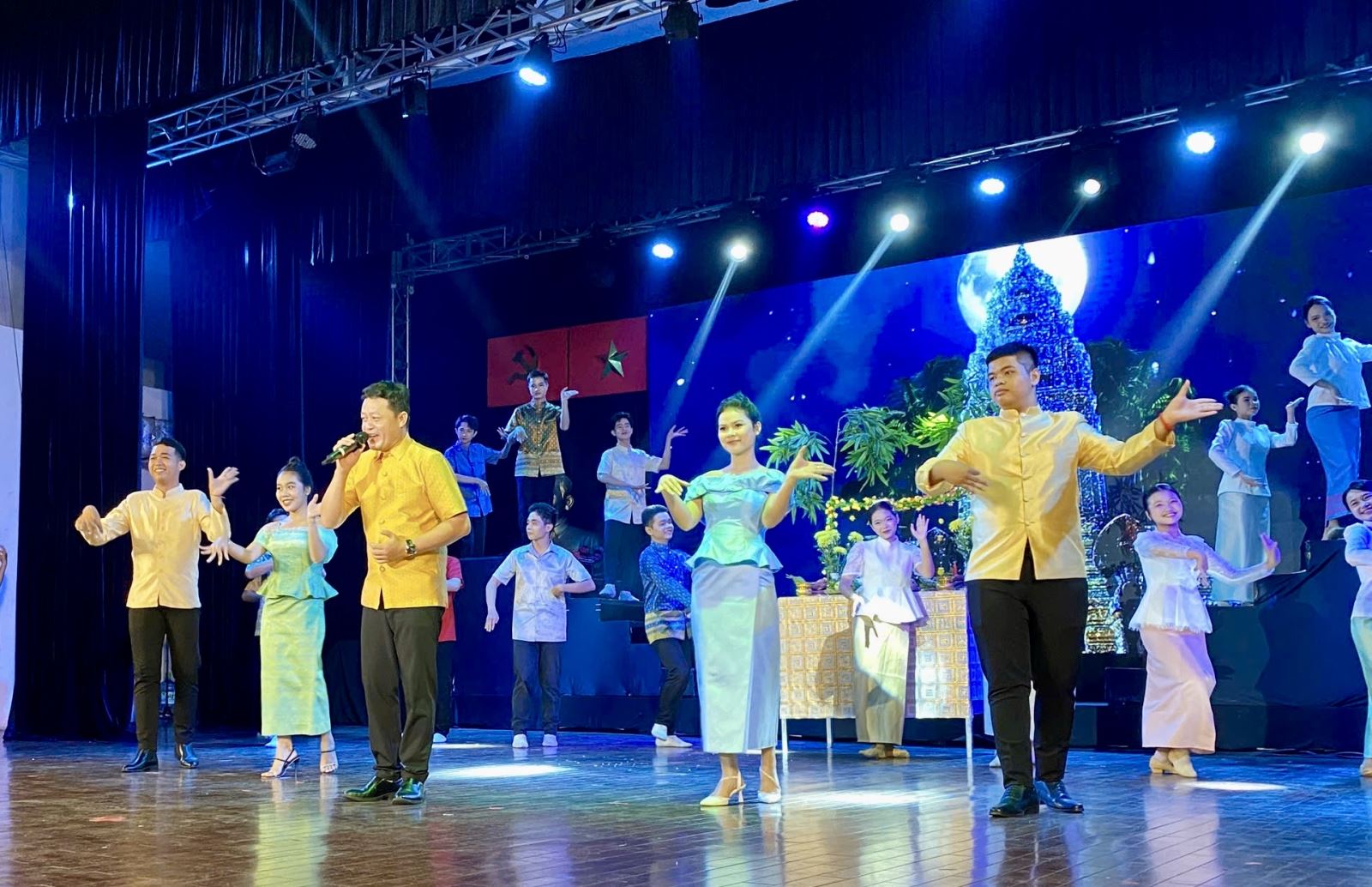


![[Photo] The 9th Party Congress of the National Political Publishing House Truth](https://vphoto.vietnam.vn/thumb/1200x675/vietnam/resource/IMAGE/2025/6/24/ade0561f18954dd1a6a491bdadfa84f1)
![[Photo] Close-up of modernized Thu Thiem, connecting new life with District 1](https://vphoto.vietnam.vn/thumb/1200x675/vietnam/resource/IMAGE/2025/6/24/d360fb27c6924b0087bf4f288c24b2f2)

![[Photo] General Secretary To Lam meets with the Group of Young National Assembly Deputies](https://vphoto.vietnam.vn/thumb/1200x675/vietnam/resource/IMAGE/2025/6/24/618b5c3b8c92431686f2217f61dbf4f6)






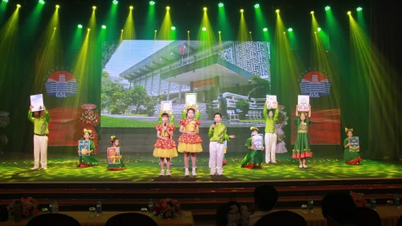









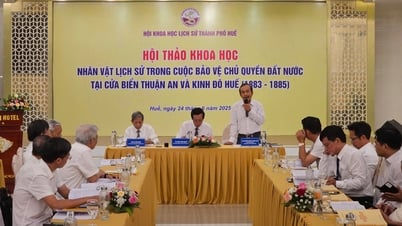






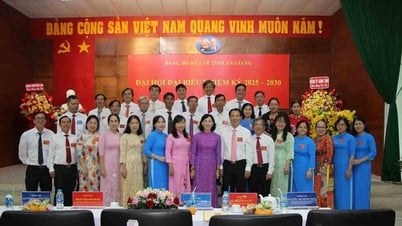




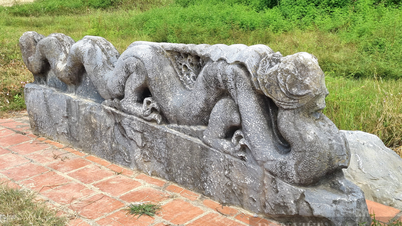











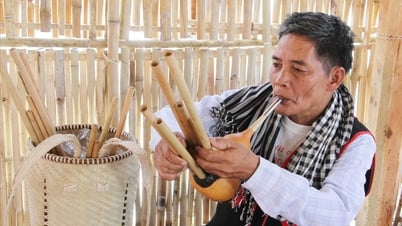





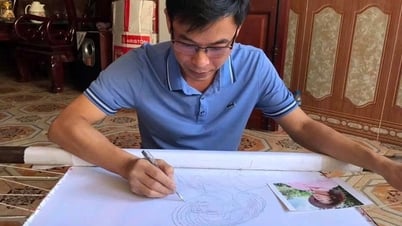














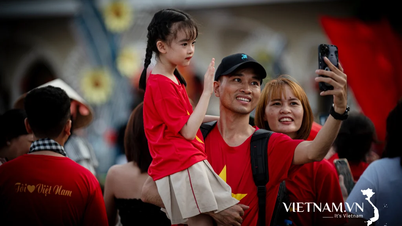









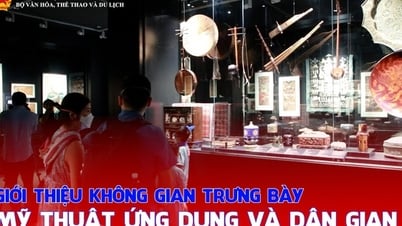































Comment (0)